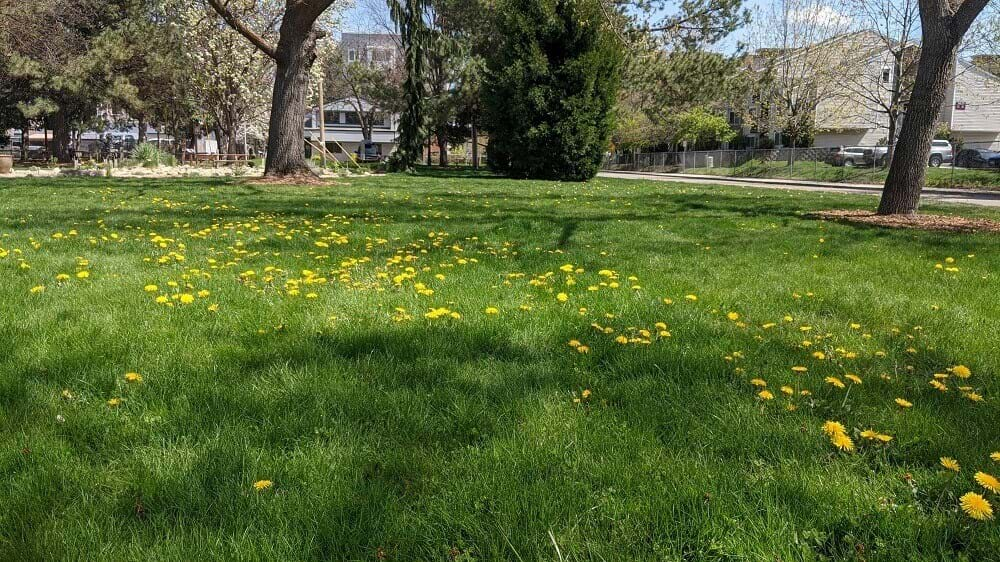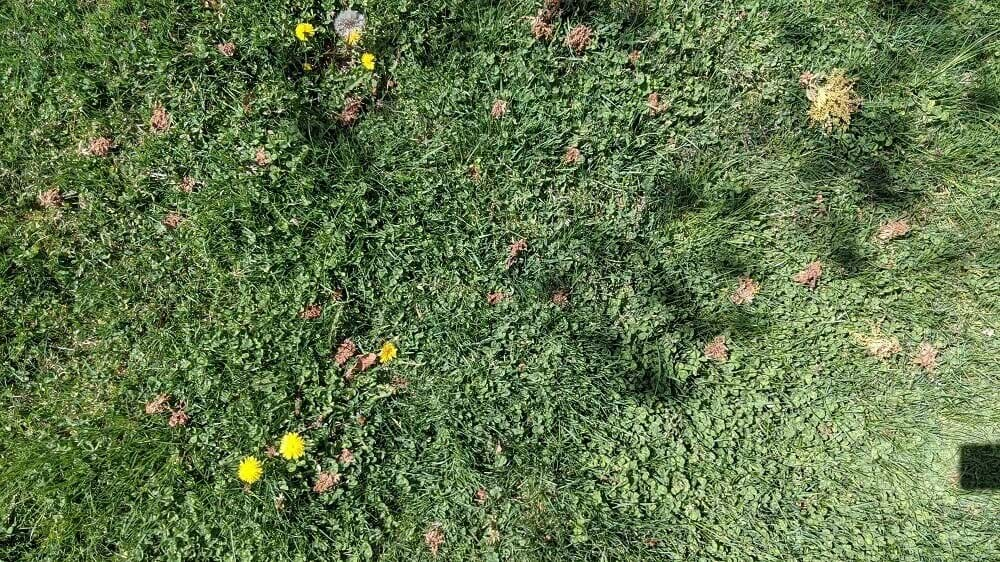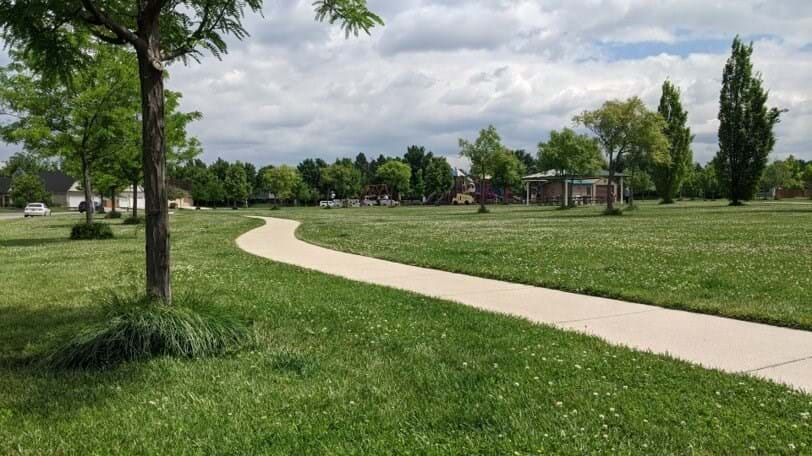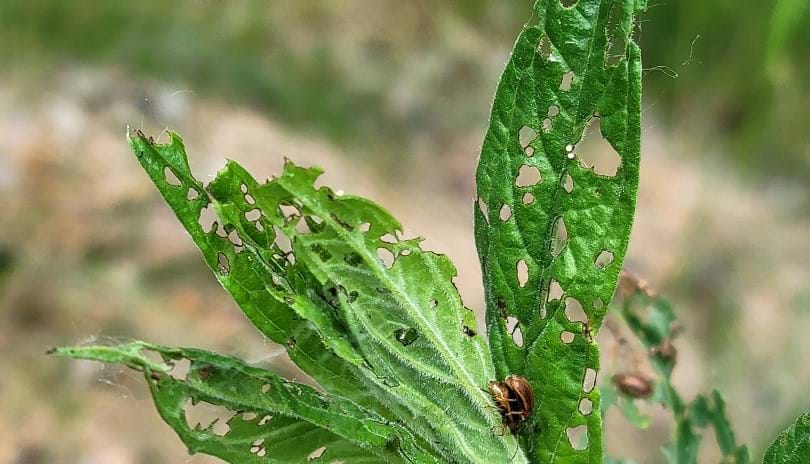The Boise Parks and Recreation Department manages more than 1,600 acres of park land, and more than 5,000 acres of open space across the City of Boise. To promote sustainable practices and stay on the cutting edge of public land management, the department embarked on a three-year pilot program in 2020 to study alternative land management techniques to reduce the use of pesticides on city-owned property. The program has now expanded to most city parks and is in the final year of the pilot phase.
Reducing the use of pesticides throughout the city’s park system is part of our larger sustainability goal, and we continue to move forward with innovative ways to improve park maintenance strategies.
Information on the first two years of the pilot program is published in the annual Pesticide Application Reports below:
2023 Pilot Program Update
Since 2020 when the Pesticide Use Reduction Pilot Program was implemented Boise Parks and Recreation has successfully reduced overall pesticide applications by more than 40%, applications of glyphosate-based herbicides by more than 80% and eliminated the use of neonicotinoid insecticides.
2022 was the final year of the pilot program.
In 2023, the department will be building these successes into our park maintenance policies.




